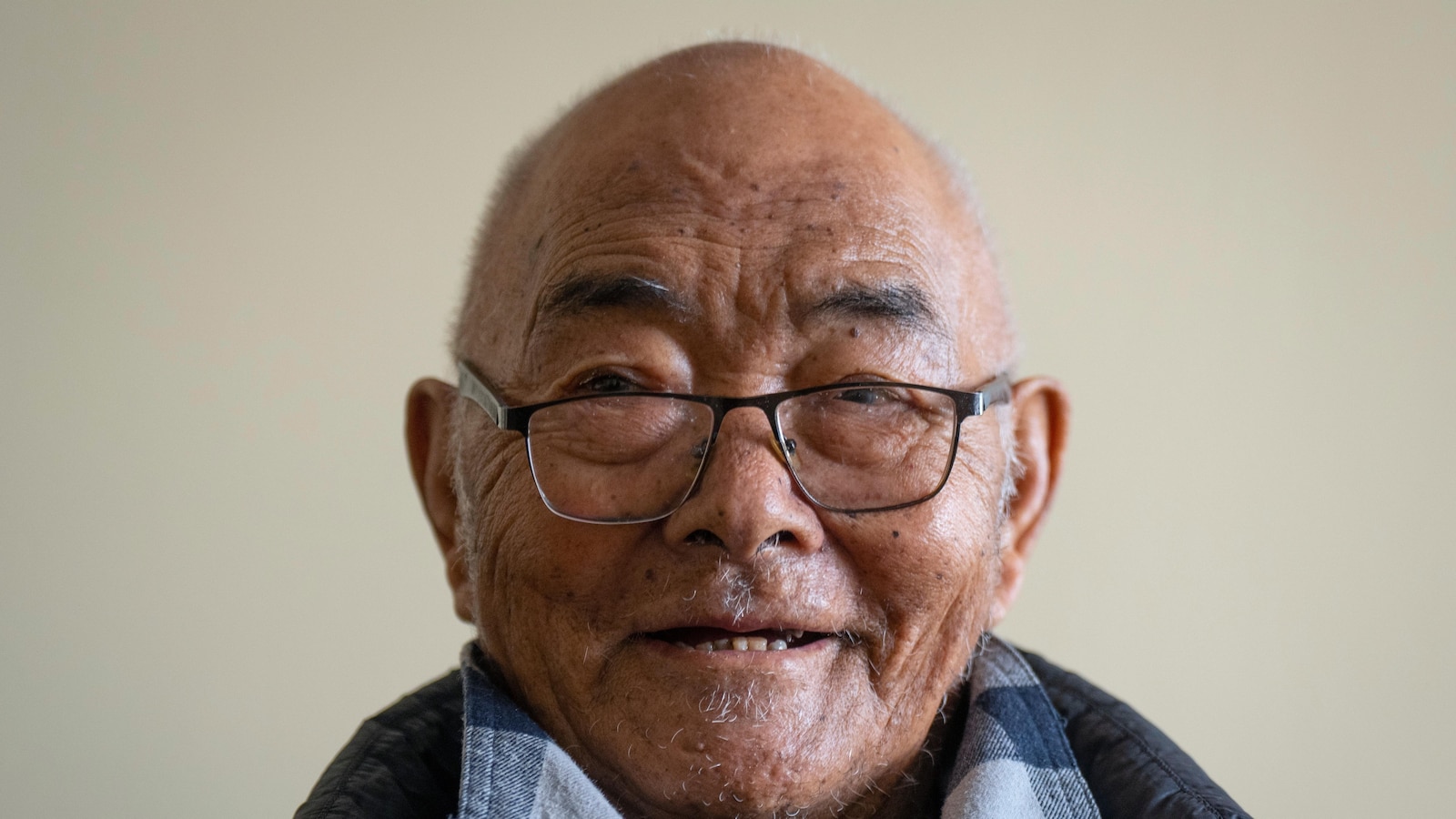LAS CUEVAS, Trinidad — LAS CUEVAS, Trinidad (AP) — Venezuela’s ambassador to the U.N., Samuel Moncada, condemned on Thursday a recent U.S. strike on a small boat in Caribbean waters that killed six people, calling it “a new set of extrajudicial executions.”
He called on the U.N. Security Council to investigate what he called a “series of assassinations,” noting there have been five lethal attacks and 27 reported deaths since the strikes in the Caribbean began in September, targeting what U.S. officials say are suspected drug traffickers.
Among those believed to be killed in the latest strike that occurred Tuesday are two fishermen from Trinidad and Tobago, whom Moncada referenced in his speech.
As Moncada spoke at the U.N. on Thursday, people in the sleepy fishing town of Las Cuevas in northern Trinidad mourned the disappearance of Chad Joseph. His relatives believe he was killed in the strike, although they offered no other evidence that he was aboard the boat that was hit.
“People are crying. Why is Donald Trump destroying families?” Afisha Clement, Joseph’s cousin, told The Associated Press.
She said Joseph had moved to Venezuela six months ago and was working on farms in hopes of earning more money.
But in recent weeks, Clement said he told the family that he was disappointed with the money he was making and planned to come back home.
On Tuesday, he boarded a boat bound for Trinidad and was expected to arrive on Wednesday, Clement said.
But no one has heard from him from since then.
His family has called and texted him to no avail as they condemned the strikes.
“He was a quiet person,” Christine Clement, Joseph’s grandmother, said from her living room. “He has left the whole village in sadness.”
The Trinidad and Tobago Guardian, a local newspaper, reported that also missing is a man only identified as “Samaroo.”
At U.N. headquarters, Moncada held up the newspaper’s front page that detailed the lives of the two men from Trinidad.
“There is a killer prowling the Caribbean,” Moncada said. “People from different countries…are suffering the effects of these massacres.”
Only a couple of miles separate Venezuela and Trinidad and Tobago at their closest point, and the ongoing military strikes have spooked fishermen in the twin-island nation.
“There is no justification at all,” Moncada said. “They are fabricating a war.”
The administration of U.S. President Donald Trump has said it considers alleged drug traffickers as unlawful combatants who must be met with military force.
Democrats have said the strikes violate U.S. and international law, while some Republicans have sought more information on the strikes and their legal justification.
Meanwhile, Trinidad and Tobago’s Prime Minister Kamla Persad-Bissessar has praised the first strike on a boat suspected of carrying drugs in the southern Caribbean and said that all traffickers should be killed “violently.”
The U.S. began building its maritime forces in the Caribbean earlier this year in an unprecedented fashion not seen in recent times.
“The United States is overseeing a seismic reordering of defense priorities and assets to the Western Hemisphere,” stated a recent report from the think tank Center for Strategic and International Studies in Washington, D.C.
It noted that the U.S. territory of Puerto Rico has provided “the lion’s share of such infrastructure” as the U.S. military seeks airfields and ports in the Caribbean region as concerns over the strikes grow.
“The administration’s declaration of war against drug cartels has raised a host of legal, ethical and moral questions, and while the declaration of a state of armed conflict has offered some legal foundation, this is already facing fierce domestic scrutiny,” the center stated in its report.
___
Coto reported from San Juan, Puerto Rico.




Leave a Comment